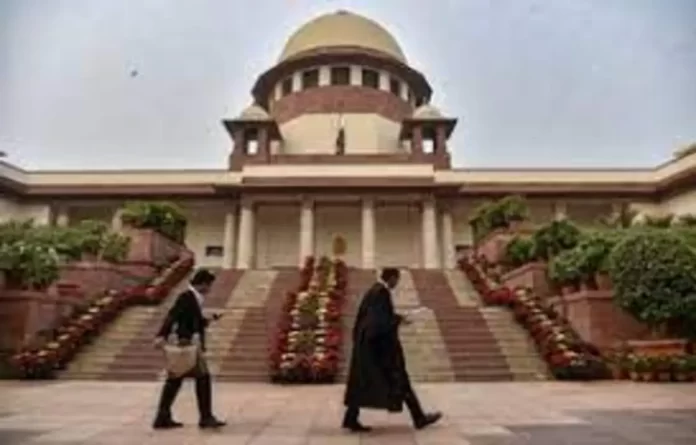The Supreme Court on Tuesday said that celebrities and social media influencers are equally liable if the commercial for the product or service featuring them is found to be deceptive.
The court was hearing Patanjali Ayurved misleading advertisements case in which it also pulled up the Indian Medical Association earlier in the day. The court further said that the broadcasters will have to file a self-declaration form before carrying any advertisements, mentioning that the commercials comply with the relevant rules.
A bench of Justice Hima Kohli and Justice A Amanullah referred to the Guidelines for Prevention of Misleading Advertisements and Endorsements for Misleading Advertisements, 2022 and noted that Guideline 13 requires a person to have enough information or experience with the product or service he or she is endorsing and ensure that it is not deceptive.
The bench observed that the provisions are meant to serve the consumers and ensure that the consumer is made aware of the kind of product being purchased from the market, especially in the health and food sectors. It ruled that celebrities and social media influencers are equally liable for misleading advertisements of products or services featuring them.
The bench stressed that ministries need to form a specific procedure which will encourage the consumer to file a complaint and then ascertain that the complaint is taken to its logical conclusion instead of simply being endorsed or marked.
Until this happens, the court directed broadcasters to file a self-declaration form before carrying any advertisements, underlining that the commercial complies with the relevant rules and codes. The bench said that as a remedy, the court deemed it appropriate to direct that a self-declaration be obtained before an advertisement is allowed. It mentioned that self-declaration is to be obtained for advertisement on the lines of 1994 Cable TV Network Rules, Advertising Code et cetera.
The apex court said that the TV broadcasters can upload the declaration on the Broadcast Sewa portal and ordered that a portal should be established for the print media within four weeks. The court clarified that they don’t want a lot of red tape making it difficult for advertisers to advertise. It added that they only want to make sure there is responsibility.


